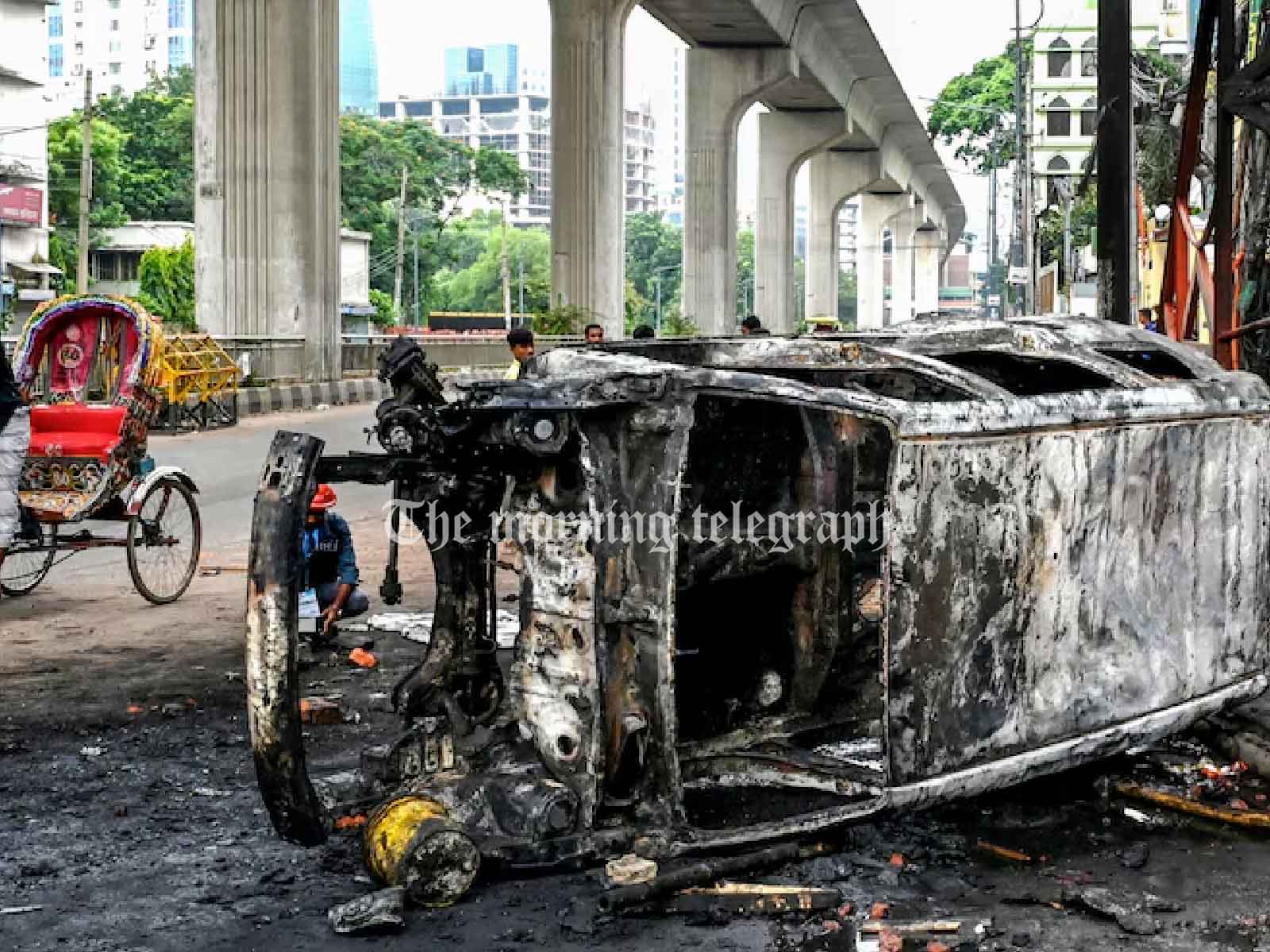
Bangladesh’s Prime Minister Sheikh Hasina has resigned and fled the country, following intense and violent protests demanding her resignation. The military facilitated Hasina’s departure, ensuring her “safe passage” out of Bangladesh as the situation deteriorated.
The unrest began with student-led demonstrations aimed at abolishing a controversial quota system for government jobs. Over time, the protests intensified, leading to violent clashes between demonstrators, police, and pro-government groups. Last month, these clashes resulted in over 200 deaths, with ongoing violence throughout the weekend.
On Sunday, the situation in the capital, Dhaka, turned particularly deadly, with at least 95 people, including 14 police officers, reported dead in the clashes, according to Prothom Alo, a leading Bengali-language newspaper.
In response to the escalating violence, the Bangladeshi government temporarily shut down broadband internet and mobile data services across the country, although these services were later restored. The government and military are now preparing for further developments, with the army chief expected to address the nation soon.
The protests initially focused on demands to end the job quota system but have since evolved into broader calls for government accountability and Hasina’s resignation. The situation remains volatile as the country grapples with the aftermath of the violence and political upheaval.




